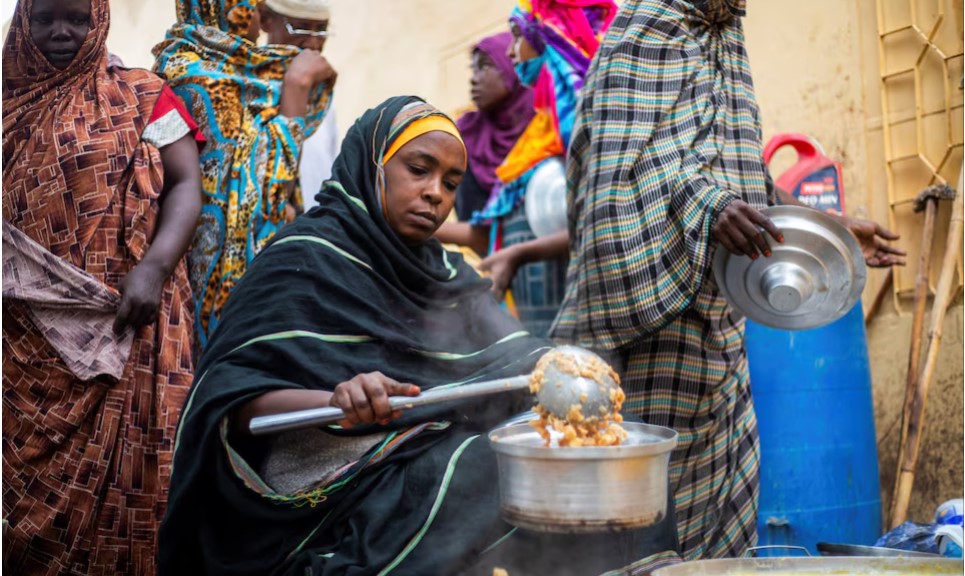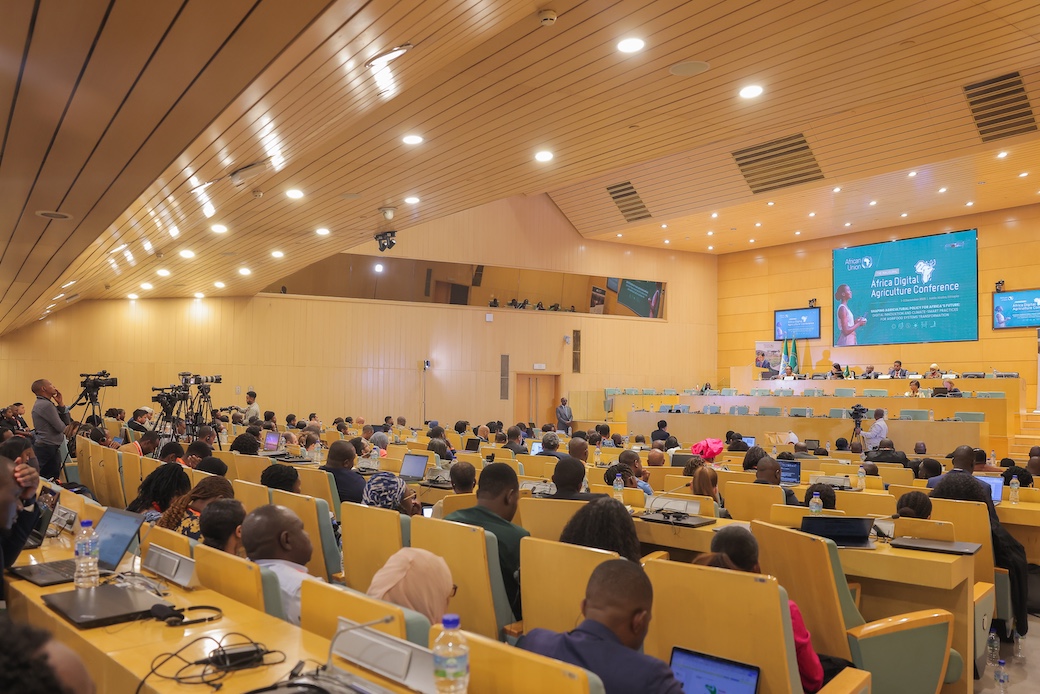Violence, child malnutrition soar by 1,000 per cent as Sudan marks two years of war

UNICEF has projected that the number of children suffering from severe acute malnutrition could rise to 462,000 between May and October this year, with a total of 3.2 million children under the age of five expected to suffer from some form of acute malnutrition in 2025.
Grave violations against children in Sudan, including violence, abductions and attacks on schools in nearly every corner of the country, have surged by 1,000 per cent over the past two years, the United Nations Children’s Fund (UNICEF) has revealed.
UNICEF notes that these violations, spanning killings, maiming, recruitment by armed groups, and the denial of humanitarian access, have now spread to more than half of Sudan’s 18 states. The most affected areas include the Darfur states, Khartoum, Al Jazirah, and South Kordofan.
More To Read
- ‘I have to talk about it' - rape and terror sparks mass migration in Sudan
- Sudan army makes major gains in South Kordofan, retakes key villages from SPLM-N
- Sexual violence driving mass flight from Sudan to South Sudan: What you need to know
- Why UN’s gradual move back to Khartoum, Sudan is ‘an important step’
- UAE, US top diplomats discuss Sudan ceasefire efforts
- Trump to focus on ending Sudan civil war
UNICEF Sudan’s Head of Advocacy and Communication Eva Hinds told Sudan Tribune that such atrocities were previously concentrated in Darfur, Blue Nile and South Kordofan, but have now expanded to many other regions amid the ongoing conflict.
At the same time, the country is grappling with a deepening child malnutrition crisis. According to UNICEF, more than 105,000 children were treated for severe acute malnutrition in the first three months of 2025. Hinds told Sudan Tribune that the figures reflect a growing emergency.
“Data from the first three months of 2025 showed that more than 105,000 children received treatment for severe acute malnutrition,” she said.
She warned that malnourished children are particularly vulnerable to illness.
“Malnourished children are 11 times more likely to contract diseases than healthy children,” she said, adding that a lack of nutritious food leads to recurrent illnesses such as diarrhoea, measles and malaria, which further weaken children’s immune systems.
UNICEF has projected that the number of children suffering from severe acute malnutrition could rise to 462,000 between May and October this year, with a total of 3.2 million children under the age of five expected to suffer from some form of acute malnutrition in 2025. Nearly 772,000 of these children face the most dangerous, life-threatening form.
The spike in hunger is expected to worsen during the “lean season” between late June and November, a period when food insecurity in Sudan typically peaks.
In addition to hunger and violence, children are increasingly at risk of displacement, school closures, exploitation and disease outbreaks.
“Children caught in the conflict face displacement, malnutrition, school closures, recruitment, exploitation, disease outbreaks and abuse,” UNICEF said in a statement.
The agency further reported 221 cases of rape against children since the beginning of 2024, including four infants who were just one year old.
Sudan’s broader humanitarian crisis is also worsening. The U.N. estimates that 30.4 million people, around 64 per cent of the population, will need humanitarian aid in 2025. The organisation aims to assist at least 20.6 million of them.
UNICEF continues to call for urgent international action to address the escalating crisis, protect children and deliver life-saving assistance across Sudan.
Despite the scale of the crisis, UNICEF said it is working under immense pressure and with limited funding to deliver life-saving aid.
In states like Gedaref, safe water systems are being restored, bringing renewed hope and health to communities.
Malnourished children in hard-hit areas like Darfur are receiving therapeutic foods and medical care, although insecurity and bureaucratic roadblocks continue to impede access.
It also noted that safe spaces have been established for survivors of gender-based violence, where girls are offered counselling, care and a sense of protection.
Over 200,000 displaced children have received school supplies and access to learning spaces, helping them stay connected to education despite widespread disruption.
But these efforts are dwarfed by the magnitude of need. To effectively respond to the worsening humanitarian catastrophe, UNICEF has called for immediate international action. This includes: Unimpeded humanitarian access, including across frontlines and national borders, secured humanitarian corridors and safe delivery routes, respect for international humanitarian and human rights law and increased and flexible funding to scale up emergency response.
“UNICEF is doing everything possible to reach children in need. But the scale of the crisis is staggering, and resources are stretched thin. Despite everything, Sudan’s children have not given up hope, and neither will the UNICEF team," the agency said.
Top Stories Today













































